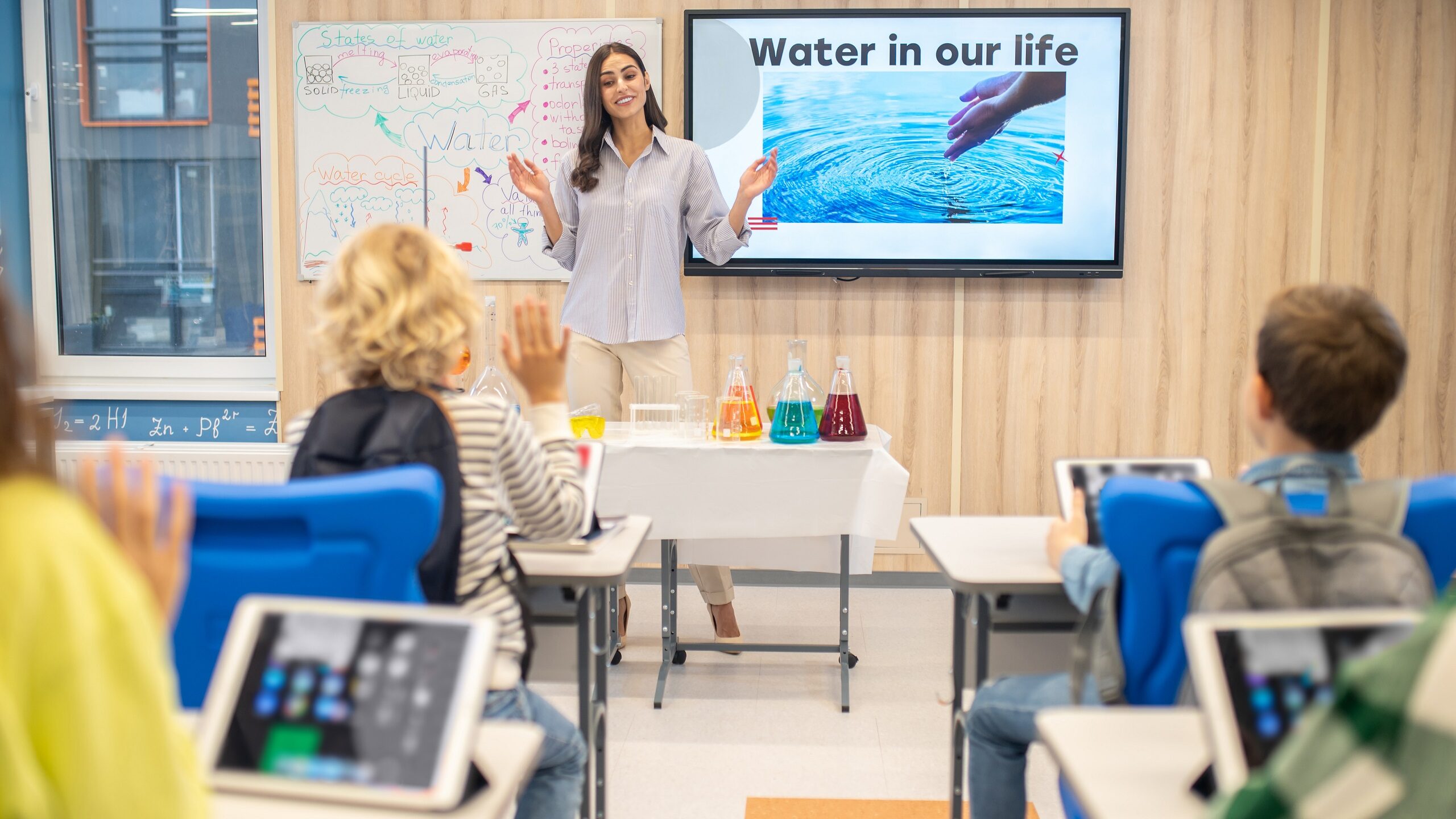Guidance and Education, Not Indoctrination
Independent Arabia, Saudi Arabia, May 25
Every educational system in the advanced world is currently experiencing a state of emergency. This emergency surrounds emerging digital technologies and artificial intelligence (AI). It is necessary to revise curricula, contemplate shortening the amount of time spent in high school, update textbooks, and rethink the settings and delivery of education. As we move into a digital reality, it is essential to ensure that education evolves to keep pace with this rapidly shifting revolution. Questions posed by educators and politicians in the US Congress recently brought Sam Altman, the CEO of the groundbreaking tech company OpenAI, for an open hearing. The technology, which was released mere months ago, can provide written information in multiple languages within seconds. The purpose of the hearing was to understand in greater detail the warnings that Altman and others have issued about pressing legislation regarding the proper uses of AI before it’s too late. Those in Congress and academic circles are considering the influence this rapid flow of data will have on studies, education, scientific research, and scholarly publications. Educators are advocating for a change in the traditional approach to education, shifting it away from indoctrination and towards guidance and fostering skills of thought and analysis. We cannot accept a generation indoctrinated with memorized knowledge without being able to reflect, discuss, evaluate, or refute it. The integration of artificial intelligence has brought about an evolution of the teaching-student-place triad, and therefore, calls for the preparedness of modern educators to understand the implications of digital transformation and the use and applications of AI in education. Having been part of the education system for over 40 years—as a student, teacher, teaching assistant, and lecturer—I have witnessed the drastic changes between the generations before and after the digital revolution. We now live in a world of smartphones and laptops that require our educators to be tech-savvy and open-minded. I have witnessed fading human and cognitive engagement with my students. In some lectures, this has led to utter disconnection. I have found myself reiterating lectures repeatedly over the decades in an attempt to keep up with the ever-changing tools. The traditional blackboard has become obsolete, having been replaced by computer technology. Pens have become a relic of the past, and paper and books are in short supply. Such a drastic change is unsettling and reflects the disconnect between modern technology and traditional learning. I stood before a generation fixated on their screens, seemingly unconcerned with discussing, debating, or embracing a topic of discussion. My colleagues and I felt the weight of our responsibility, and we are still committed to proposing a renewal that constantly challenges the status quo, to prevent indoctrination and the obstacles posed by traditional education. High school graduates arrive at the university without the critical thinking needed to challenge and criticize the opinions and beliefs they hear around them. Consequently, critical analysis and questioning are not encouraged in the minds of students who are programmed to accept and submit to their teachers’ teachings without criticism or review. The traditional teaching of history often mixes religion with facts, which grants a sense of impenetrable sanctity to events and figures from the past. This creates a culture of dependence and intellectual stagnation, passed down to successive generations. For example, we may gain a religious generation; however, this does not prevent them from cheating on exams or plagiarizing scientific research. In fact, many believe that cheating in worldly sciences is permissible with the blessing of religious dogma. In this age of digital information and artificial intelligence, we must ask ourselves: How can we better impart knowledge to future generations? Rather than adhering to traditional indoctrination, is there a more effective and ethical educational system that we can turn to in order to better equip our youth for the future? —Saad Bin Tefla AlAjmi (translated by Asaf Zilberfarb)


